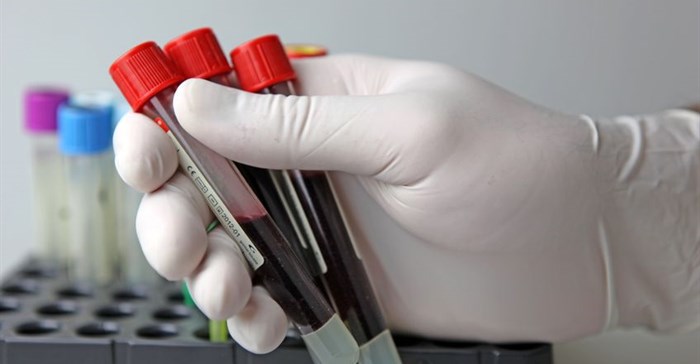





“The minister of health announced national guidelines that are in line with the World Health Organisation’s protocols – that means there must be compliance in the private as well as the public sector, starting from September 1,” said Dr Rajesh Patel, head of benefit and risk at BHF.

Patel pointed out: “Our member schemes are not surprised by this decision. We knew that it would be implemented here – it was just a matter of waiting for the government decision of when to begin.”
However, there could be a slight lag before the new protocols are fully implemented, he said.
“All new diagnoses will receive treatment immediately, but we will also need to go back into our records and find those patients whose CD4 counts are above 500. According to the old system they were not eligible for treatment, so we need to communicate with their doctors and start them on ARVs as soon as possible.”
While the medical schemes are happy to comply, there are some financial implications to which they will need to adapt.
The principal officer of Medshield, Dr Stanley Moloabi, said that his board would be meeting to discuss how the new guidelines could be accommodated, given that the budgets are already set for the year.
“We knew that the WHO’s recommendations would be implemented when our government was ready to do so, and that HIV treatment is a prescribed minimum benefit (PMB),” he said.
“We are obligated by the Medical Schemes Act to provide PMBs to all our members, but there is a financial implication. Remember our funds come from our members. We will always do what is right, but this announcement has given us very little time to plan from a budgeting perspective.”
“The new protocols could see sales of the treatment increasing by between 200-300%,” said Patel. “The economies of scale from potential sales of this magnitude should result in a discounting of the single exit price (SEP) by at least 30%, and by 50% in six to eight months’ time.”
The board has also called for a reduction in the cost of ARVs. “The SEP plus dispensing fee of R650 per month is high and must be reduced to make access more affordable,” Patel said.
Dr Vuyo Gqola, executive: healthcare management at the Government Employees Medical Scheme (GEMS) pledged her support for the treatment guidelines.
“HIV/Aids is a national and global priority. Over the next week we will be updating our processes and systems to ensure that we are aligned with the national department of health guidelines,” she said.